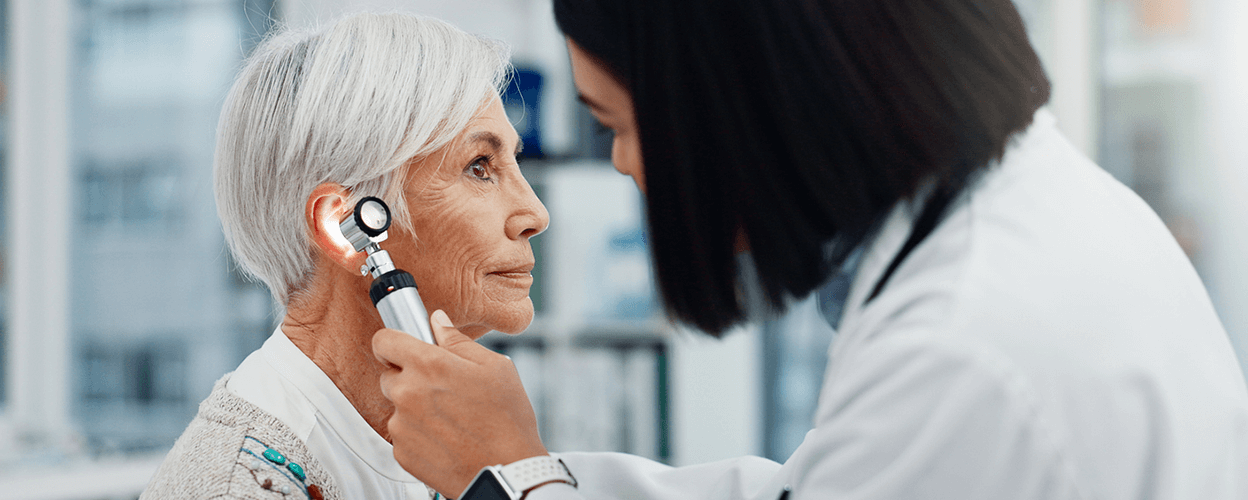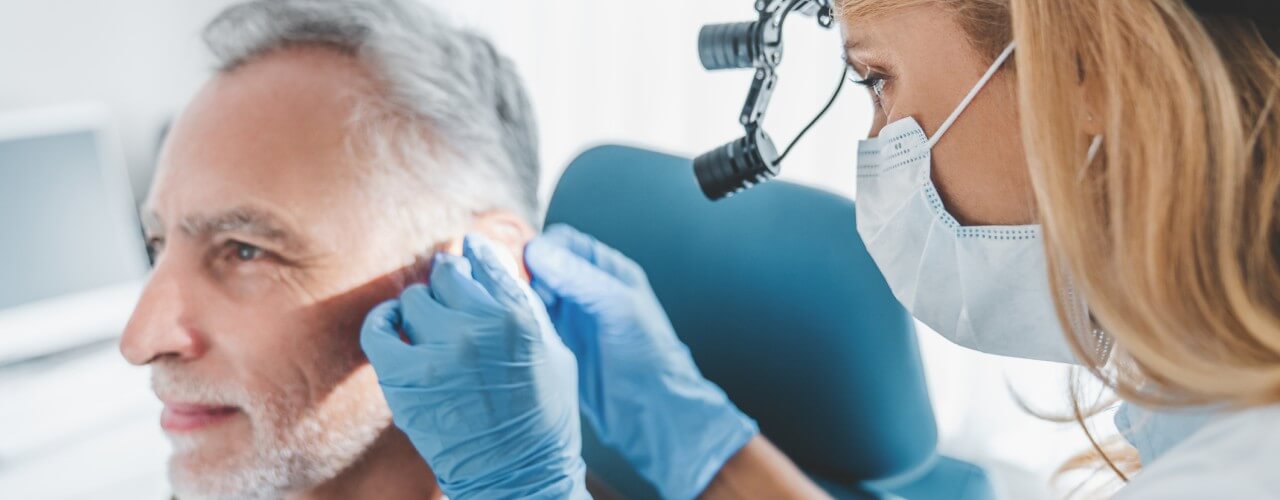Should You Use a CPAP Machine?
If your doctor at the London ENT clinic has suggested that you try a CPAP machine, you may be wondering what it is and how it can help you. Read on to learn why this treatment may be recommended to you.
What is CPAP?
Continuous Positive Airway Pressure or CPAP (usually pronounced as see-pap) treatment can help to keep your airways open by blowing air into your throat. The pressure from the air can prevent your throat from closing if you have a condition like sleep apnoea. The main components of the CPAP system are the machine that will produce the stream of air and the face mask or nose plug that will deliver it into your airway.
When is CPAP Recommended?
CPAP is most often used to treat obstructive sleep apnoea, a condition in which the throat can close up while you are sleeping. If your doctor thinks that you might benefit from this treatment then you will be referred to an expert who can help you to use the machine correctly.
Your specialist at the London ENT clinic may want to refer you for CPAP treatment if:
- You have obstructive sleep apnoea, which means that your throat is closing up and affecting your breathing while you are sleeping.
- You are snoring and other treatments haven’t worked, even if you don’t have sleep apnoeat.
However, other treatment options such as losing any excess weight or giving up smoking will often be tried first or recommended alongside CPAP treatment.
Starting CPAP Treatment
If your ENT specialist refers you for CPAP, you will usually try the treatment during an overnight stay in hospital where your condition will be monitored to see if it is effective. You will be taught how to set up the machine at home so that you can use it while you are sleeping. You will also need to learn how to clean and care for the equipment. It can take a while to get used to the machine, but it should help to relieve your symptoms and improve your sleep. Using CPAP at night can have a big impact on your quality of life. However, you may still need to continue receiving other treatment at the London ENT clinic, where you can also ask for help if you have any concerns.













